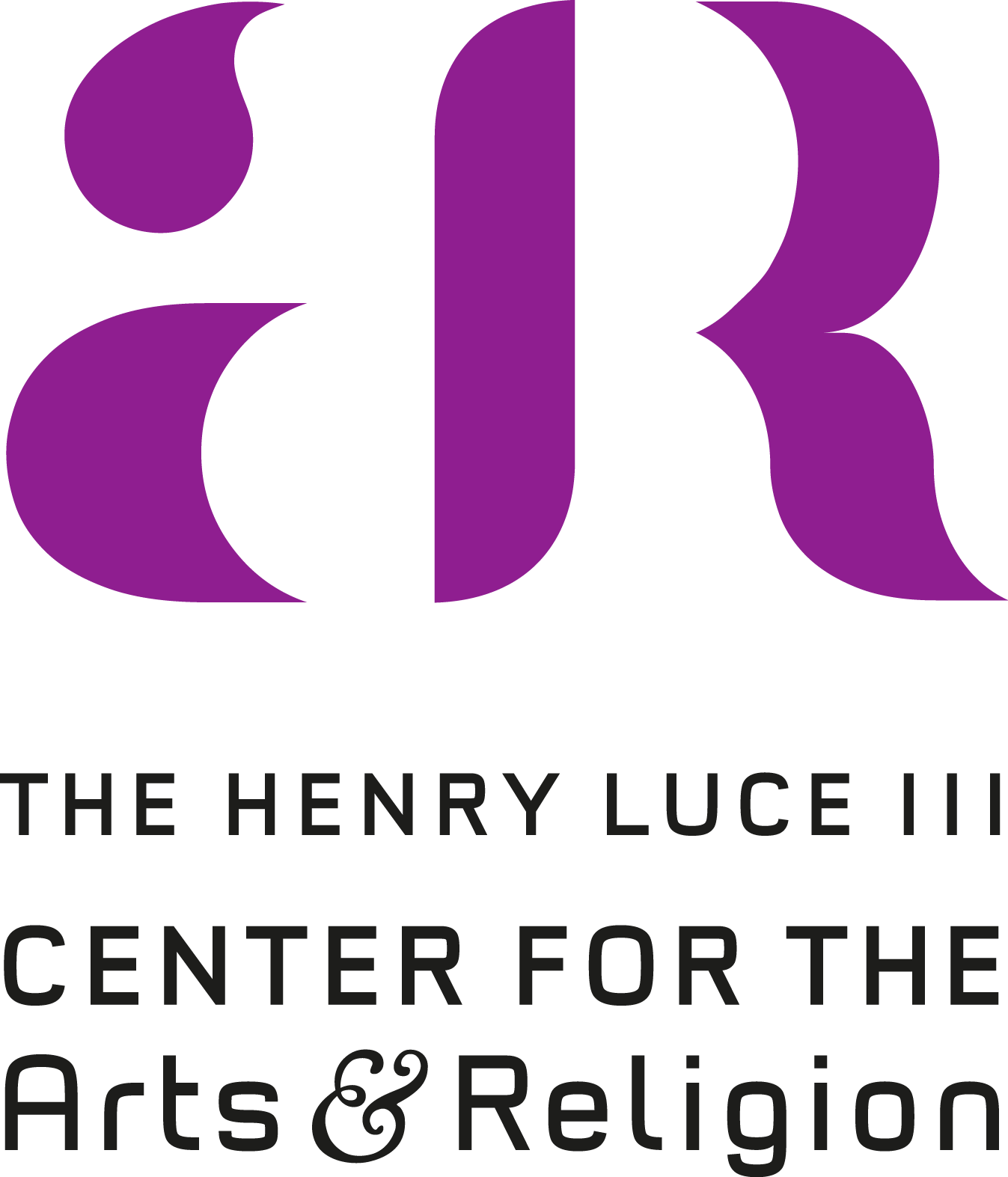Un/familiar Terrain{s} is a new exhibition by British-American visual artist Michael Takeo Magruder that has been created through a sophisticated partnership between artist and Artificial Intelligence (AI). This creative ‘collaboration’ transforms personal footage captured on first generation AI-enabled smartphones into three otherworldly installations, each rooted in specific places of renowned natural beauty. In the works, every single frame of the source material is revised, reworked, and rebuilt into digital prints and algorithmic videos which recast these captured moments as uncanny encounters. In this way, like painters, photographers, and cinematographers who have harnessed technology to transform terrains into expressive landscapes, the invisible work of the AI allows people to experience more than there ever was, expanding both time and space.
Un/familiar Terrain{s} infuses these leading-edge AI systems with traditional artistic practices to reimagine the world anew and, in doing so, pushes visitors to question the organic nature of their own memories and the unsettling notions of automatic processing, misattribution, and reconstruction.
Michael Takeo Magruder (b.1974, US/UK, www.takeo.org) is a visual artist and researcher whose practice utilises Information Age technologies and systems to examine our networked, media-rich world. In the last 25 years, his art has been shown in over 300 exhibitions in 35 countries, and has received extensive support within the UK, US, and EU. He is represented by Gazelli Art House in Mayfair, London.
Takeo’s recent projects include Imaginary Cities, a solo exhibition creatively exploring digital maps drawn from the British Library’s One Million Images from Scanned Books collection. In 2020, he was the first ever artist-in-residence at the UK National Archives where he reflected upon the institution’s ongoing digital transformation and what constitutes an archive in the 21st century. During the COVID-19 pandemic, Takeo was virtual artist-in-residence at The Henry Luce III Center for the Arts & Religion in Washington DC where he investigated social and ethical issues surrounding the international health crisis. He is presently MDI Biological Laboratory’s inaugural artist-in-residence and is developing a new body of artwork in-dialogue with the institute’s world-class research community for its Arts Meets Science programme.
